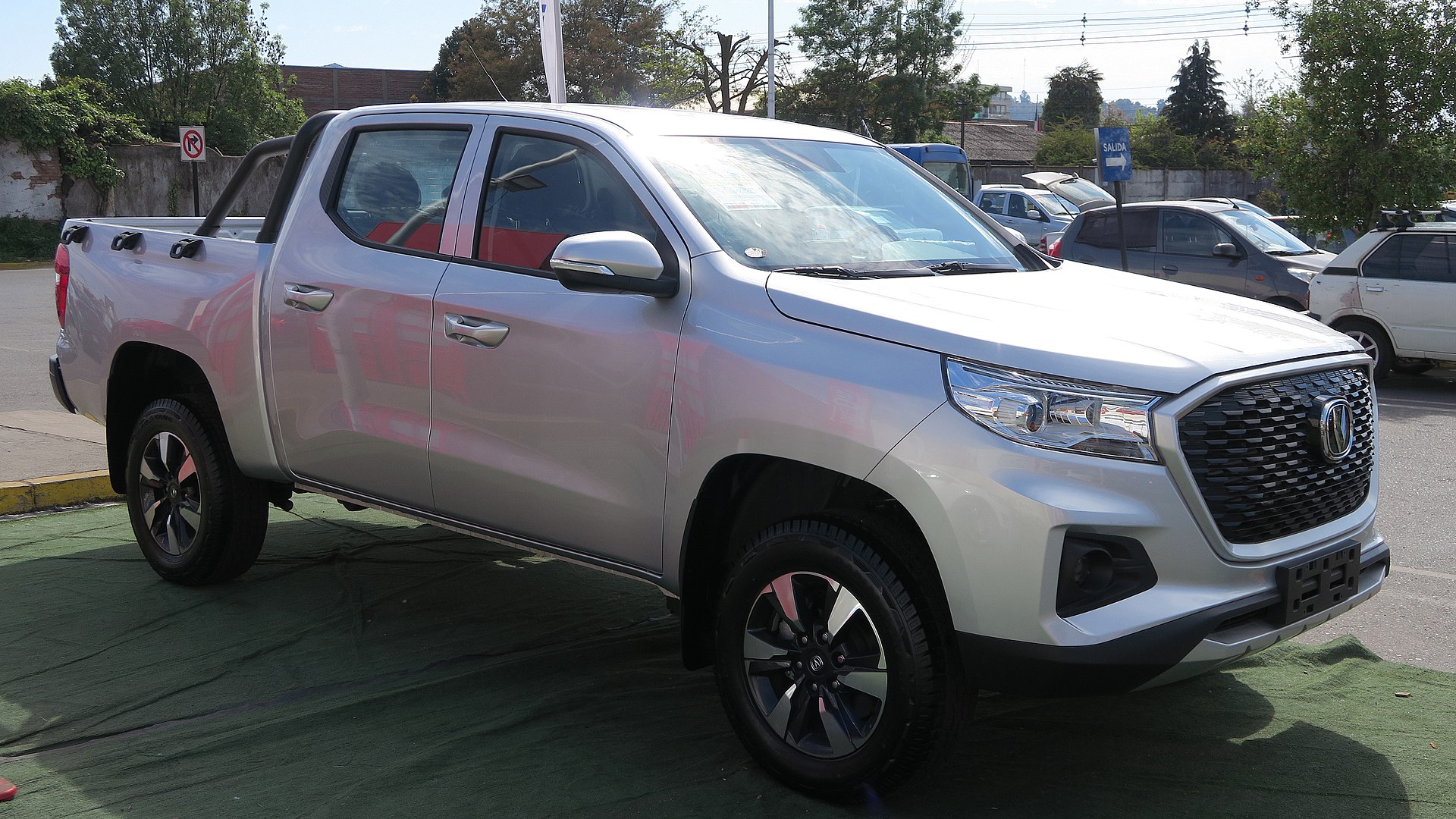Overview Changan Automobile Co., Ltd. (CCAG) is a Chinese state-owned automobile manufacturer headquartered in Jiangbei, Chongqing. Changan Automobile traces its origins back to 1862 when Li Hongzhang established a military supply factory, the Shanghai Foreign Gun Bureau. The factory was repurposed for automobile manufacturing in 1959, producing the Changjiang Type 46 jeep, marking the company’s entry into the automotive industry.
| Website | globalchangan.com |
|---|
The company produces and sells vehicles under its own brands, including Changan, Deepal, Avatr, and Kaicene. Additionally, it operates foreign-branded joint ventures such as Changan Ford and Changan Mazda. In 2021, its own brands contributed to 76% of its total sales (1.75 million vehicles, including 1.2 million passenger vehicles). Changan primarily manufactures passenger cars, microvans, commercial vans, and light trucks. A subsidiary, Chongqing Changan Automobile Company, is listed on the Shenzhen Stock Exchange.
History Changan’s origins date back to 1862 when Li Hongzhang established the Shanghai Foreign Gun Bureau. During the Second Sino-Japanese War in 1937, the factory was relocated to Chongqing following the Japanese invasion of Shanghai.
- 1959: Chongqing Changan Arsenal began manufacturing automobiles under government contracts, producing China’s first production vehicle, the Changjiang Type 46 jeep.
- 1979: Changan started manufacturing minicars through a licensing agreement with Suzuki.
- 2009: Changan acquired two smaller domestic automakers, Hafei and Changhe.
- 2013: Changhe was transferred to the Jiangxi provincial government and later became a subsidiary of BAIC Group.
- 2010: Changan became the fourth most productive car manufacturer in China, producing 2.38 million units.
- 2012: Passenger vehicles accounted for 72% of production.
- 2012: Changan Ford Mazda was split into two joint ventures: Changan Ford and Changan Mazda.
- 2023: Changan announced a new joint venture with Huawei, focusing on intelligent automotive systems and component solutions.
Changan plans to end the production of solely internal combustion engine (ICE) vehicles by 2025, transitioning to hybrid and all-electric models in response to China’s strict emissions regulations and commitments to the Paris Agreement.
Brands and Products Changan produces and markets vehicles under five major brands:
- Changan Auto – Passenger cars, SUVs, and pickups.
- Changan Nevo (Qiyuan) – Entry-premium range extended electric vehicles (EVs).
- Deepal (Shenlan) – Electric vehicles.
- Avatr – Premium electric vehicles, developed in collaboration with CATL and Huawei.
- Kaicene – Commercial vehicles, light trucks, and MPVs.
Notable Models:
Changan Auto: Lumin, Raeton Plus, UNI-V, UNI-T, CS55 Plus, Hunter, F70, Lantuozhe.
Changan Nevo: A07, A06, A05, Q05, E07.
Deepal (Shenlan): L07, S05, S07, G318.
Avatr: 07, 11, 12.
Kaicene: Star Truck, Shenqi T30, Honor, F30.
Sales Performance Changan’s domestic and international sales have shown steady growth over the years. In 2023, total sales reached 2.09 million vehicles, with Changan-branded vehicles accounting for 1.43 million units. Deepal and Avatr’s EV contributions have been increasing, reflecting the industry’s shift toward electric mobility.
Joint Ventures Changan has multiple joint ventures with global automotive companies:
- Changan Ford (2001–present) – Producing Ford-branded vehicles for the Chinese market.
- Changan Mazda (2012–present) – Manufacturing and selling Mazda vehicles in China.
- Changan Kuayue – A commercial vehicle co-operative venture with Chongqing Kuayue Group.
- Jiangling Investment and Jiangling Motor Holding – Previously involved in the Landwind brand before divestment.
- Huawei Partnership (2023–present) – Developing intelligent automotive systems and components.
Former Joint Ventures:
- Changan Suzuki (1993–2018) – Dissolved in 2018, with Changan continuing to manufacture Suzuki-branded cars under license.
- Changan PSA (2010–2020) – Collaboration with PSA Group for Citroën DS models, dissolved in 2020.
- Oshan (2017–2024) – Passenger vehicle brand absorbed into the Changan lineup in 2024.
Production and Research Facilities Changan operates multiple production bases across China and internationally. It has four major production hubs in Chongqing, Hebei, Jiangsu, and Jiangxi. Additional manufacturing facilities exist in Anhui, Guangdong, Heilongjiang, Shandong, and Shanxi.
International Presence:
- Russia: Changan CS35 production in Lipetsk since 2016.
- Azerbaijan: Assembly of Changan vans and pickups at Ganja Auto Plant.
- Pakistan: Karachi-based production facility (joint venture with Master Motors), manufacturing right-hand-drive vehicles for South Asian markets.
- United States: Previously operated an assembly plant in Poteau, Oklahoma (2007-2010).
Research and Development:
Changan has over 7,000 engineers working across R&D centers in Chongqing, Beijing, Shanghai, Harbin, Turin (Italy), Yokohama (Japan), Birmingham (UK), and Detroit (USA). The company focuses on innovation in EVs, autonomous driving, and smart vehicle technology.
Future Plans and Industry Outlook Changan aims to accelerate its transition towards new energy vehicles (NEVs), with plans to introduce more hybrid and fully electric models. The company is positioning itself as a leader in China’s EV market by investing heavily in battery technology and autonomous driving solutions in partnership with Huawei and CATL.
By leveraging government policies supporting the transition to NEVs, Changan seeks to expand its market presence globally while phasing out traditional internal combustion engine vehicles by 2025. The continued expansion of its Deepal and Avatr brands underscores Changan’s commitment to sustainable automotive development.
Conclusion Changan Automobile Co., Ltd. has established itself as a major force in the global automotive industry. With a long history dating back to 1862, it has evolved into one of China’s leading automotive manufacturers. Its focus on electric vehicles, strategic partnerships, and research and development underscores its ambition to shape the future of mobility. As China pushes toward a greener automotive sector, Changan’s forward-looking approach positions it well for sustained growth in the years ahead.










